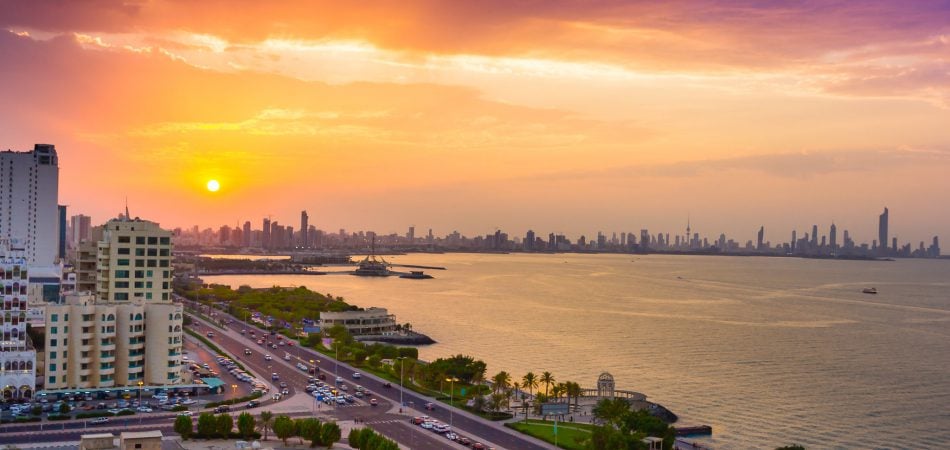
Actions to improve water management
Kuwait has been successful in developing desalination, treated wastewater and water accessibility and reducing groundwater abstraction. Water policies are currently tilted towards supply-side management and overlook the potential for water conservation. Behavioural change through awareness campaigns can encourage support for water prices in the future.[1] Several actions should be adopted to improve water resources management, as follows:
– Reduction of water subsidies. Water has a low fixed price and is subsidized by the Kuwaiti government. This has led to a significant rise in average per capita water consumption (from around 113 L/d/capita in 1970 to around 447 L/d/capita in 2019). A substantial reduction in the subsidy could enhance water conservation and saving.[2]
– Treated wastewater reuse on a larger scale. Reusing reclaimed wastewater will reduce the stress on costly freshwater and brackish groundwater.
– Investigations of new non-conventional water resources such as runoff harvesting, recovery of water from the unsaturated zone, treatment of brine (produced from oilfields and desalination) to produce usable water, artificial recharge of aquifers and exploration of submarine springs.[3]
– Enforcement of measures to conserve and protect the available water resources. Installing water-saving equipment at the consumer end and introducing drip irrigation and sprinklers for irrigating private and public gardens are examples of conservation and efficiency measures.
– Reduction of network loss. A large volume of water is lost through leakage in the water distribution network. Preventive and regular maintenance of the network can reduce such losses.
Projection of the status of water resources in 2050
Projections of freshwater demand in Kuwait indicate that the demand will range between 722 MCM/yr (2 MCM/d) and 3,036 MCM/yr (8.3 MCM/d) by 2050.[4] With its acute shortage of natural water resources, increasing water demand and continuous population growth, Kuwait is at high risk of experiencing a water crisis before 2025, unless appropriate measures are taken to improve water management.[5]
Kuwait depends heavily on seawater desalination to meet its freshwater needs. The continuous withdrawal of brackish groundwater is putting excessive stress on the aquifers. Water demand is rising at a rapid rate along with increasing population pressure and a rise in the standard of living. To meet future needs, substantial investment in expanding the desalination capacity will be necessary. Actions such as exploring and developing non-conventional water resources, adopting innovative technologies for water and wastewater treatment, mitigating and controlling the pollution of available water resources, reducing water network losses and adopting new technologies for the production and treatment of water can enhance water security and conserve the country’s valuable water resources.
[1] Ismail, H, 2015. Kuwait: Food and water security. Future Directions International.
[2] Mukhopadhyay, A and Akber, A, 2018. Sustainable water management in Kuwait: Current situation and possible correctional measures. Int. J. Sus. Dev. Plann., 13(3): 425-435.
[3] Ibid.
[4] Ibid.
[5] Ismail, H, 2015. Kuwait: Food and water security. Future Directions International.
